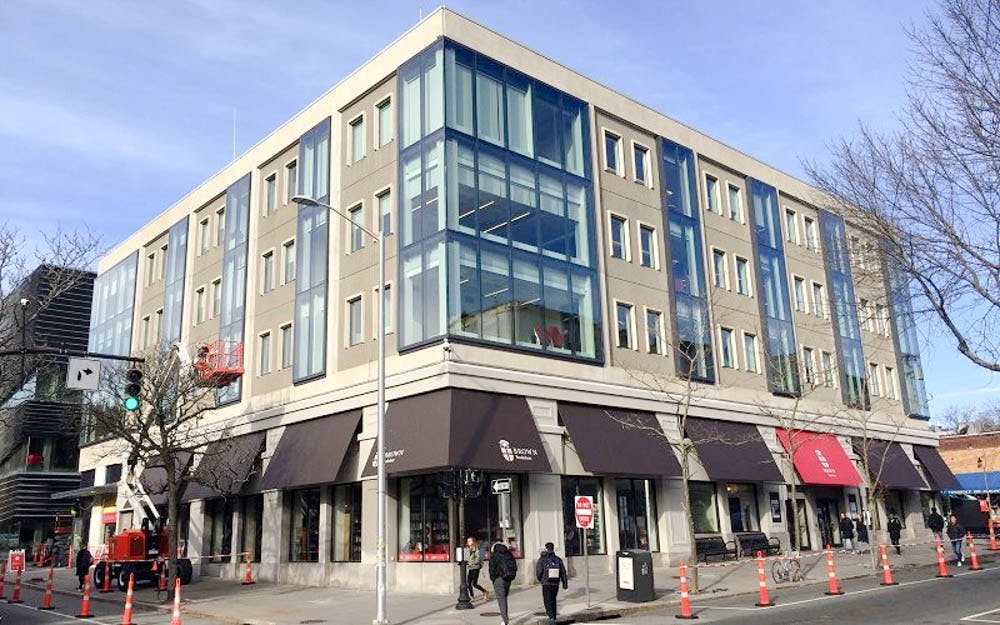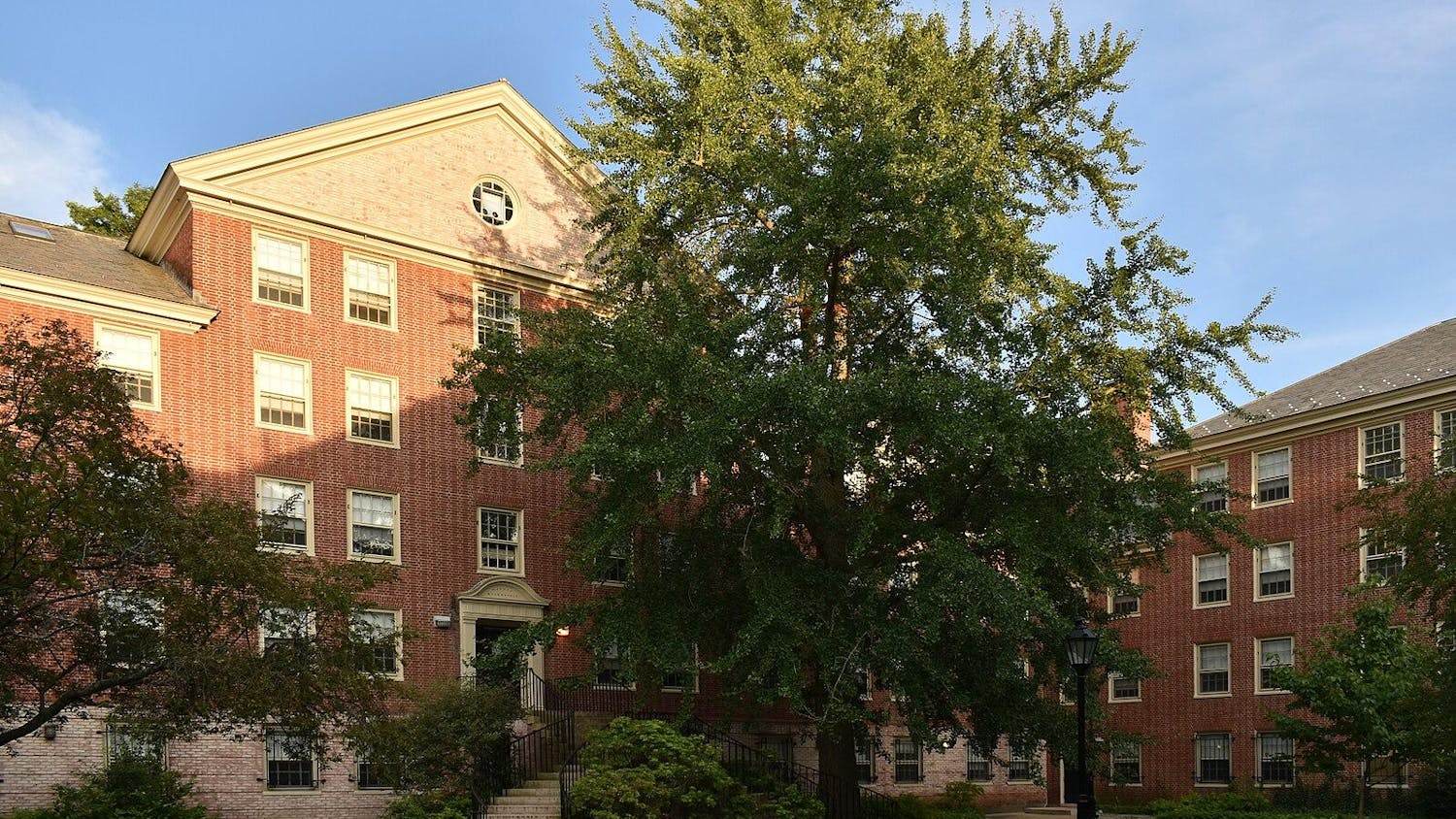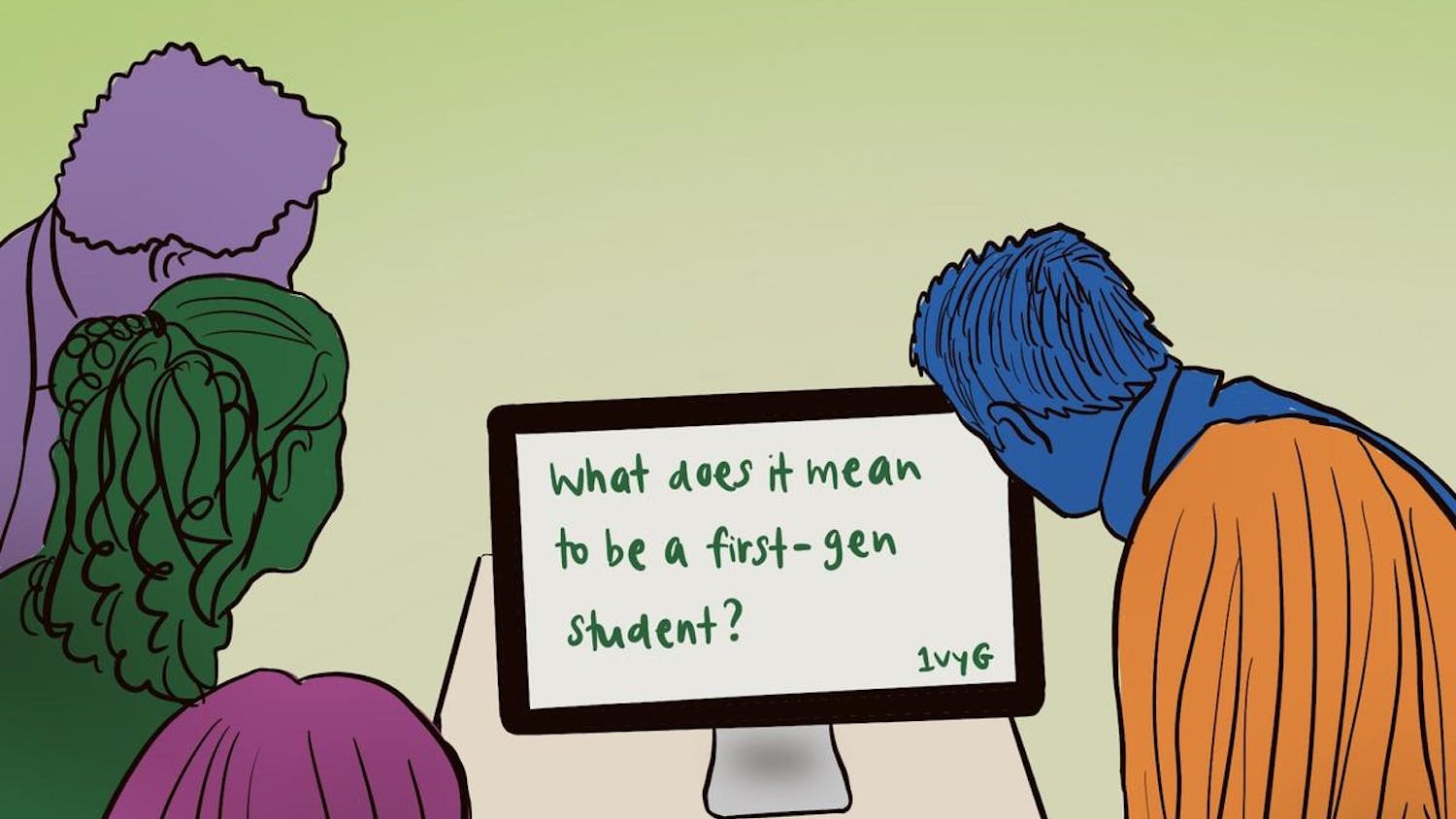The University’s Department of Education is designing a new program in which students can earn an undergraduate and Master of Arts in Teaching degree in five years.
The combined baccalaureate/MAT program, which is set to begin next year, is currently awaiting approval from the Rhode Island Department of Education and the Corporation, the University’s highest governing body.
This new program will take the place of the Undergraduate Teacher Education Program, which allowed undergraduates to earn a certificate in teaching. The Department of Education has announced a number of changes to its programs in recent years. In a review conducted from fall 2016 to fall 2017, the University decided to redesign the Annenberg Institute for School Reform in an effort to move away from community-based work and toward research and teaching. In 2018, the University suspended its elementary MAT track, a decision that was met with frustration by many of the program’s alums. In April 2019, the Department of Education proposed changes to its undergraduate concentration, as well as a redesign of the MAT and Urban Education Policy programs.
New program takes shape
The new combined baccalaureate/MAT program will accept undergraduates in their sophomore year and will allow them to take up to two classes before the fifth-year master’s program to prepare: one class called “Foundations of Teaching and Learning” and one on education inequality in community contexts, said Tracy Steffes, chair of the department of education.
The department plans to recruit heavily from the University’s undergraduate classes, so that these students make up “about half or even more of our MAT students.” The MAT cohort will be 25 to 35 candidates, Steffes added.
Additionally, two new faculty positions at the University have been created for a math education teacher and a specialist in English language learning. According to Director of Teacher Education Sarah Leibel ’97 MAT ’06, these faculty will train teachers for the Providence Public School District, which is in more need of math and science teachers, teachers of color and teachers who are skilled at supporting English language learners. PPSD’s needs are “totally in line with our focus on urban education,” Leibel said.
As part of this shift in focus, the Department of Education will partner with four local schools where MAT candidates will spend their entire year student-teaching, as opposed to the one semester they spent in prior years. “We don’t just want to build great teachers,” Leibel said. “We want to be part of school improvement and capacity-building, and we hope that our MAT residents will really be able to serve that mission.”
Steffes said that now is “an exciting moment of growth and university investment” in teacher education. The department is working on a new financial aid program that will allow more first-generation MAT candidates and candidates from low-income backgrounds to participate. Though administrators are still working out the details, the MAT program will likely have a similar financial aid process to the University’s for its undergraduates, which will utilize the Free Application for Federal Student Aid.
“If you attended the kind of high schools we want to serve, we want you to consider teaching and we want to make it an option for you,” said Leibel. Director of Teacher Education is an inaugural position that Leibel has held since September.
Leibel hopes the program will inspire more University students to pursue careers as classroom teachers. “Part of what we’re here to say is that this is amazing, rich, intellectual work where you can have a deep impact on kids and also a social justice impact. It’s transformative work that absolutely is an option that Brown undergrads should be considering.”
In addition to the department’s recent structural changes, “there’s a focus now on urban education,” Leibel said. “The decision before I came on was to see the undergraduate concentration, the UEP and the MAT program as all trying to tighten around that focus on urban schools from (a) systems level to classroom teaching,” Leibel added.
Cancellation of UTEP
The combined program will replace the department’s Undergraduate Teacher Education Program, which allowed students to earn a certificate in teaching by the end of their four undergraduate years by participating in student-teaching and taking classes starting the summer before their senior year.
A new Rhode Island Department of Education mandate doubling the student teaching requirement for prospective teachers from one semester to one year would have made UTEP impossible by 2022, according to a Rhode Island School Superintendent’s Association press release.
“This RIDE mandate reflects larger trends in the field of teacher education, which is moving towards longer time in school placements as an essential part of the pedagogical training,” Steffes said.
While UTEP is in its last official year, no undergraduates are currently enrolled in the program. According to Leibel, UTEP has only enrolled three students in the last five years.
UTEP students took “essentially all the same classes with the MAT” candidates, said UTEP alum Matthew Dudak ’18.
“I think there was a one or two-requirement difference, but it pretty much offered all the same preparations as the MAT program did,” Dudak said. But UTEP allowed students like Dudak to graduate with a teacher’s certification and begin teaching immediately, without having to pay for an extra year of graduate school to get a master’s degree. Currently, the University’s MAT program costs $57,112.
Dudak, who is now in his second year of teaching science at a public high school outside of Chicago, said the program prepared him well for his current job.
Now that UTEP is canceled, students interested in becoming teachers can either apply for the new combined program or utilize the University’s existing Concurrent Bachelor’s/Master’s Degree program in order to receive both their undergraduate and MAT degrees in five years. But the latter option may be difficult for students to complete because of the Education Department’s newly-redesigned MAT program, which requires candidates to participate in a year-long residency at an urban school as part of their student-teaching experience, The Herald previously reported.
UTEP, too, was challenging to fit into an undergraduate academic schedule. Dudak, who concentrated in physics, said that though he had completed most of the requirements for his concentration before entering UTEP, he had to switch his degree from a Bachelor’s of Science to a Bachelor’s of Arts because he could not fit the extra concentration requirements into his schedule while doing UTEP.
Elena Maker ’12.5, another UTEP alum, also attested to the challenges of the program. “When I was at Brown, I took five classes a semester, I did all the extracurriculars and I was working part-time, and none of that was even a quarter as hard as being a student teacher for the semester.”
The new combined program removes the year of student teaching from the undergraduate experience. Steffes affirmed that “opportunities for undergraduates in teacher education (are) something that’s very important to us, and so that’s why we’re rolling out this new combined baccalaureate/MAT program.”
Correction: A previous version of this article referenced the "then called the Annenberg Institute for School Reform." In fact, the Institute's full name remains the Annenberg Institute for School Reform. The article has been updated to reflect that change. The Herald regrets the error.





